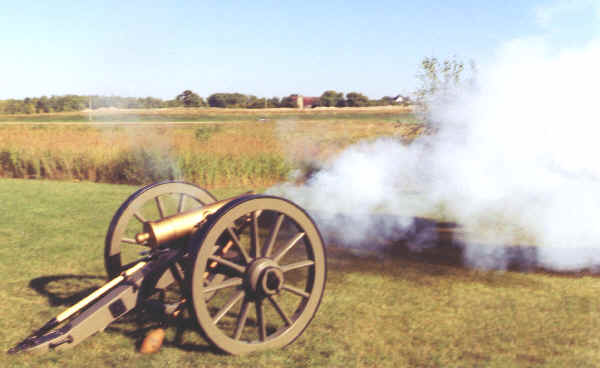"whatsoever they shall speak when moved upon by the Holy Ghost shall be scripture, shall be the will of the Lord, shall be the mind of the Lord, shall be the word of the Lord, shall be the voice of the Lord, and the power of God unto salvation."
Careful, folks. The Holy Ghost gives utterance, yes. It testifies of eternal truths, absolutely. When the Spirit moves a person to speak, to the extent they really are inspired, their words are the voice, will, and mind of the Lord, and His power unto salvation. No dispute.
However, not all claims to inspiration are true.
However, all true inspiration also has the property of scope--pronouncements bearing on matters outside the scope of the calling of the person inspired are not, in the final analysis, inspired.
However, not all scripture is canonical.
There's "scripture" and there's capital-S scripture. It sounds confusing, but it's not so unclear when you pay attention to context.
The above-cited verse is often abstracted out of its context to support the correct idea that the Holy Ghost can transmit the Lord's will to individuals, and that His words are His words--just as valuable to the recipients as prophetic writ. However, it's also taken to support an incorrect relativity of Word of God, or an incorrect argument for the proliferation of publishable and authoritative writings.
Look at the limiting scope the text itself put on verse 2, which states that the scripture part is applicable only
"unto all those who were ordained unto this priesthood, whose mission is appointed unto them to go forth."
In other words, inspired words are scripture because of the inspiration, but the promise that everything you say under the influence of the Holy Ghost is scripture is a function limited to: a. priesthood holders, b. the scope of their calling.
There's a reason the LDS canon is referred to as the "standard works" rather than the "canon," and why they avoid talk of "inerrancy" in connection with scripture. The scope of a general authority's calling makes their Spirit-inspired Conference talks scripture in a way that is different from the way a compilation of the Lord's communications with Joseph Smith bearing on the restoration of Christ's church in response to the Master's gentle pedagogy of allowing humans to bump up against issues, wrestle with them, and inquire of Him in faith as to their resolution.
Canon is the authoritative compilation of prophet-screened inspired texts. Scripture is the doctrinal and guiding communication from the Lord to in-mission, authorized representatives. And when you understand scope, you'll never confuse the two.


No comments:
Post a Comment